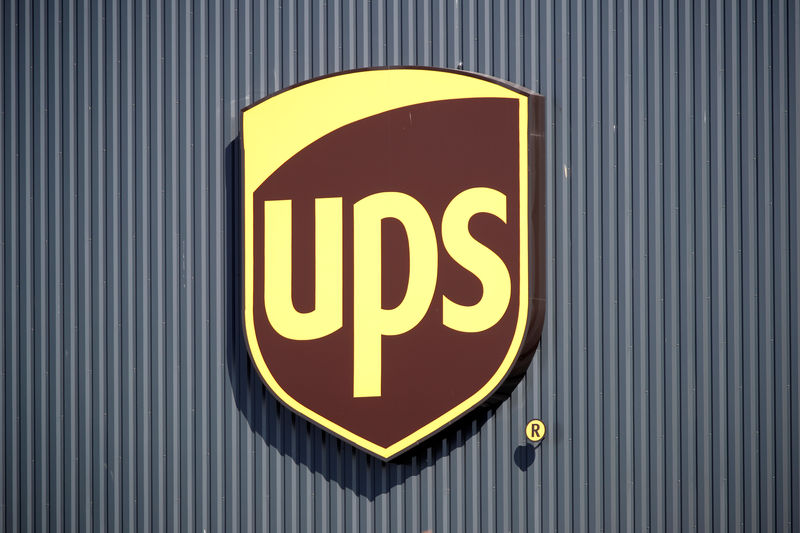Independent MP Allegra Spender has criticised elements of the Federal Labor Government’s changes to superannuation taxation in the latest budget, alongside a bevy of start-up leaders and investors.
The Federal Government has proposed an increase in taxation of superannuation balances above $3 million, raising the tax rate from 15% to 30% for earnings over the limit, potentially including unrealised gains.
Nay-sayers point to the effect on early-stage funding for the start-up sector, with Spender pointing out that Australia was already lagging compared to the rest of the world when it came to early-stage investment in tech companies.
Keeping our best and brightest
“This is going to hurt them [start-ups] at a time where Australia really still is behind the curve in terms of our investment in early-stage companies; we’re significantly below the US and the UK on a per capita basis,” Spender told the Sydney Morning Herald.
“This is a real concern ... I think taxing unrealised gains is bad policy and it also sets bad precedents, but the biggest issue I’ve got is the impact it will have on start-ups.
“We need to be passionately focused on keeping our best and brightest in Australia and support them building these companies.”
Data compiled for the Australian Financial Review by Cut Through Venture has revealed investment in Australian start-ups declined 42% year-over-year in 2023, with about $4.2 billion less flowing into the industry compared to 2022.
While only about 80,000 super account holders will be affected, Spender claims many of those individuals are investors in Australia’s tech sector.
Paper gains without cash to back it up
Start-ups are particularly vulnerable to unstable valuations with little guaranteed returns, meaning tax could be collected on the estimated value of assets without investors ever seeing a dime of the supposed profit.
“In this new super paradigm, earnings represent the difference between the value of your total superannuation balance at the end of the year compared to its value at the start — even if these are only paper gains, and you have not realised them either through actual income or by liquidating the asset,” wrote Brad Twentyman, client director at Pitcher Partners Melbourne.
“Of course, like any technology business, the perceived value can change depending on who is asking, for what purpose and when.
“A shareholder isn’t able to demand access to the books and even if they could, that wouldn’t necessarily reflect a market price.
“Under the legislation, the value of this investment becomes critical as if it is determined to have increased, there will be a real tax bill that needs to be paid and no cash to pay it with.”
Fairer, more sustainable super tax
Spender intends to propose an amendment to the bill requiring a review into the impact for start-ups before the changes are implemented in July next year.
Assistant Treasurer Stephen Jones asserted the changes were modest, affecting only 0.5% of superannuation members.
“The taxation of superannuation will still be concessional, but we’re just making sure the support is fair and sustainable,” he said.
Twentyman suggests taxing real fund earnings when cash has been received, rather than notional earnings – a solution that has already been rejected by larger super funds, which do not want to take on the burden of calculating the additional tax.
“An alternative would be simply to tax benefits when they are paid from the super fund to large balance members in the future, a point at which cash would be available to pay the tax and that would eliminate the flawed approach of taxing paper profits,” he wrote.
“In short, there are far better methods available to increase taxes on large superannuation balances if that is what the Government wants to pursue.”
